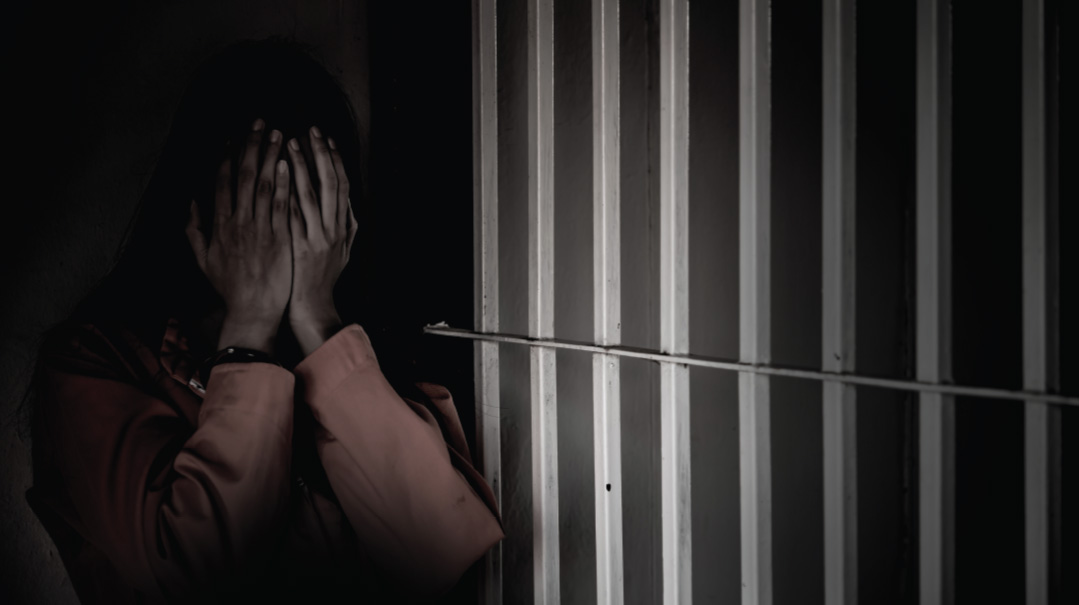Behind Bars

Four women who were imprisoned in hostile countries share their stories of incarceration — and eventual redemption

Fernanda Benato-Shapiro
“H
ow old do I sound to you?” Fernanda challenges me at the beginning of our conversation. It’s hard to believe the woman with the clear, energetic voice recently celebrated her 84th birthday. “I might sound young because I experienced clinical death a few decades ago,” she comments. “I’ve heard people say that someone who experiences clinical death starts to count his years of life over from that time. That’s why it’s possible I’m actually the age of my oldest son…
“It doesn’t matter what my exact age is,” Fernanda continues. “There isn’t a day when my memories don’t carry me back to my time in an Egyptian prison, after I was caught spying for the Mossad. I remember those dark nights in the prison cell well.” Her voice is thick with tears. “It’s impossible to describe what I went through there. I didn’t think I’d make it out alive.”
Fernanda’s story is riveting. Her parents were Italian Jews, her father, a diplomat, and her mother, a medical professor. “We were very wealthy,” she says. “As part of my father’s job, we moved from one country to the next every few years. My older sister was born in Czechoslovakia, and I was born in Egypt. That’s where my father was stationed at the time.”
She relates that at the beginning of the 1950s, when she was a young girl, there were hardly any Jewish schools in Egypt. That’s why her parents — who weren’t observant — sent her to a Christian institution.
“I was the only Jewess among 500 Christian girls,” Fernanda explains. “In general, the other girls treated me well. I don’t have anything bad to say about the teachers, either. Every so often, they reminded me of what they claimed the Jews did to that man, whose name we don’t mention. But there was nothing significant beyond that.”
At the age of 17, Fernanda says, when she was deep into her matriculation exams, two men wearing British army uniforms came to speak to her. They said to her in English, “We’re from the Mossad in Israel.”
“I had no idea what they were talking about,” Fernanda says. “But they continued, saying, ‘Israel is in a difficult situation. It has big problems with Egypt, and we need your help. Because your father is a diplomat, you can access offices and other secret places. If you accompany your father to meetings, you’ll be able to provide us with materials we need.’
“Maybe I should have felt frightened, but I was so innocent I actually felt proud, that finally, being Jewish was significant. I asked, ‘Do my parents know?’ and they replied, ‘They don’t know and mustn’t know. From now on, you’ll be our contact person. Do you agree?’
“I didn’t think twice before agreeing. It was clear to me that as a Jew, I’d be ready to do anything to save Israel.
Oops! We could not locate your form.






